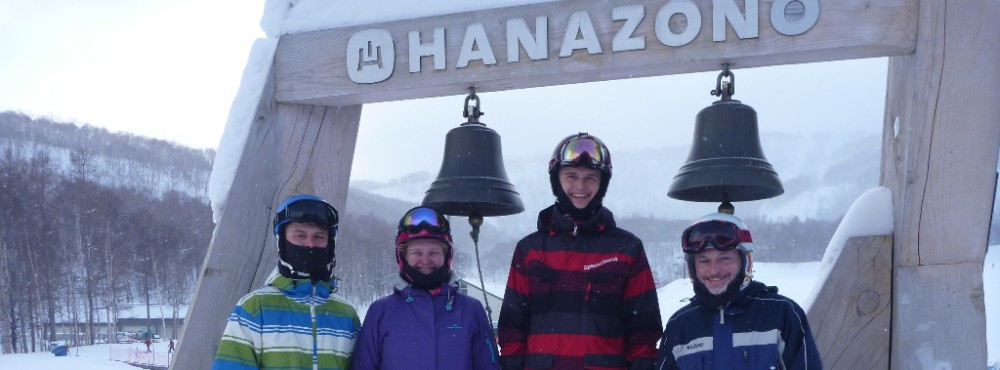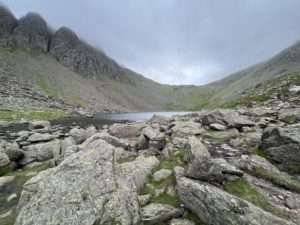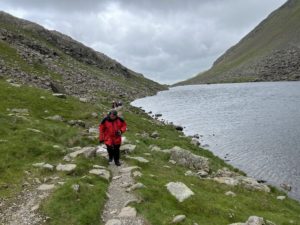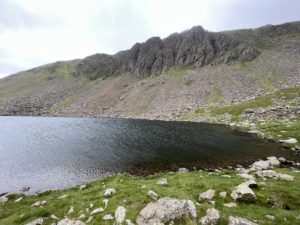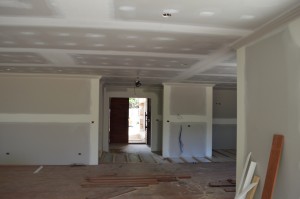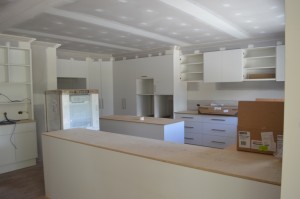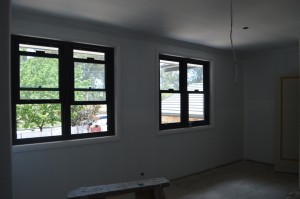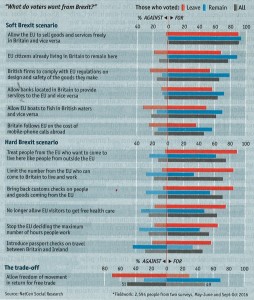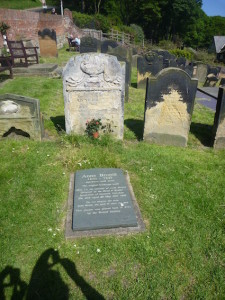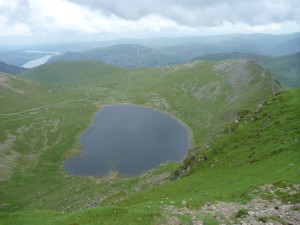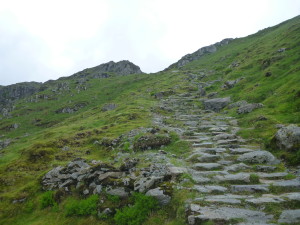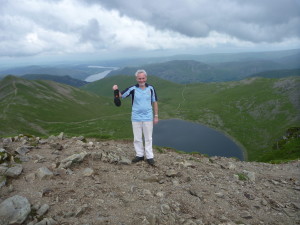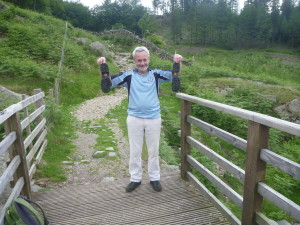Category Archives: UK entries
England June ’22
I went to Manchester earlier this month,then went up to Cark for abut a week.
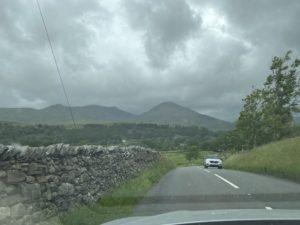 I invited any of my friends who could make it to come up to Mark’s and John’s house there.
I invited any of my friends who could make it to come up to Mark’s and John’s house there.
To the right is an evocative view (evocative for me, anyway) on the road up the west side of Coniston towards the Old Man.
So we set off up the Walna Scar Road towards Seathwaite. Fortunately although it was fine when we had left Cark, I had remembered this was England, and took my waterproofs with me.
By the time we reached Walna Scar it was raining. We turned up to get to Goats Water, below Dow Crag, and then walked around the tarn, rather than climbing up any further because the low clouds meant that we would have seen nothing for higher up the hillsides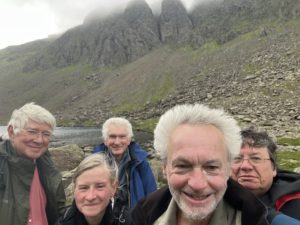
This the walking party at Goats Water.
Walking around the tarn.
Dow Crag, visible above the tarn. At this point, NOT covered in cloud.
It remained dry as we walked down the mountain, but it had definitely been a good decision not to attempt a ridge-walk.
A good day out and a great Lake District walk.
Protected: l’Enclume – the Chef’s Table
Protected: Someone is travelling in Europe – Update #9 – Manchester
Protected: Someone is travelling in Europe – Update #8 – London
UK Holiday
I went over to England to go to the British Cardiac Society meeting. There are multiple reasons for this, but primariIy it is a good general cardiac education meeting to keep me up to date, and it is held in Manchester, which is both easily accessible, and in the north of England. This was to be a very short visit to the UK, for tedious reasons to do with hospital administration, but managed to have many of my core group of friends come to see me at the house in Cark owned by Mark and John.
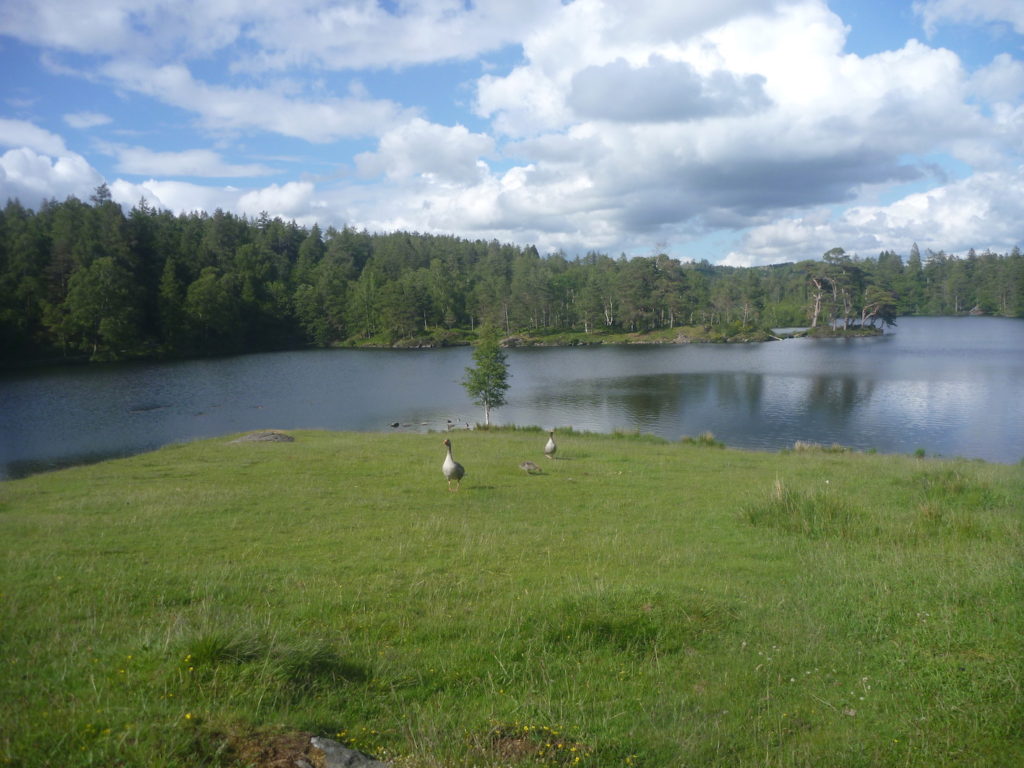
It is safe to say that we had an excellent extended weekend in the Lake District. John and I drove up to Cark from Manchester. The first person to arrive after us was Dave Thomas, my longest-standing friend, as we have known each other since schooldays. Our first day walking was a relatively easy walk up Tom Gill to Tarn Hows.
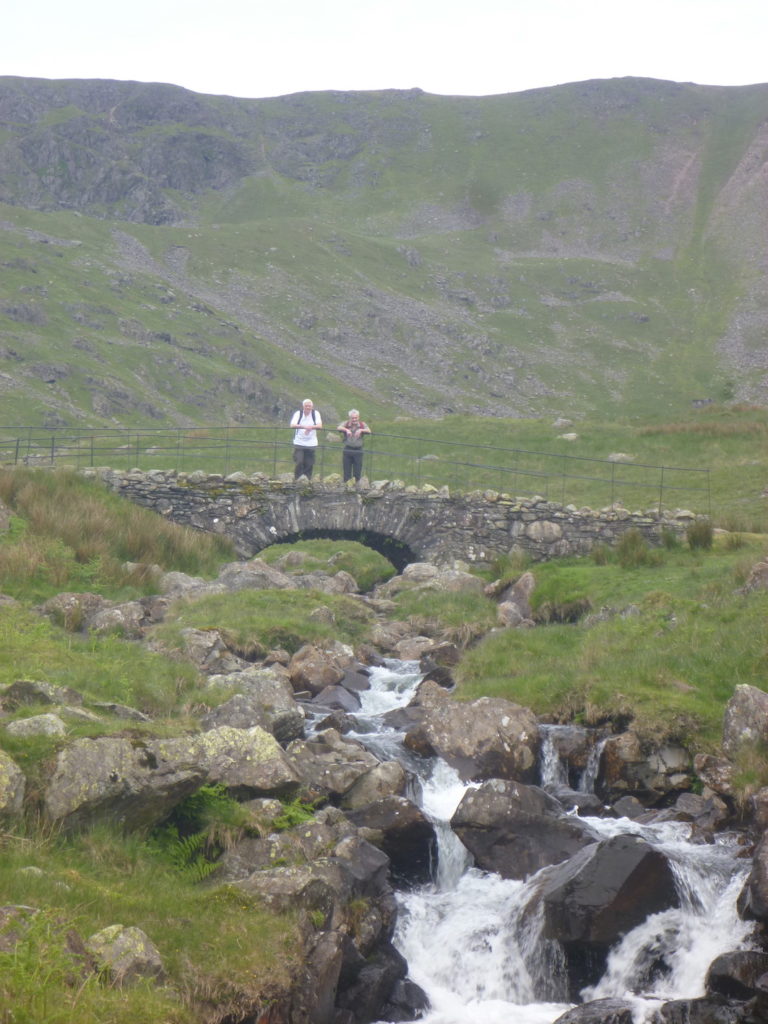
The next day [Friday] we decided to do a walk which I have never done, despite it being a walk “local” to my old stamping ground – we walked from the Walna Scar Road up Brown Pike and Buck Pike to Dow Crag, then over to The Old Man of Coniston. Heaven knows how many times I have stood on the top of the Old Man, but I had never been up Dow Crag before, and never walked this path before.
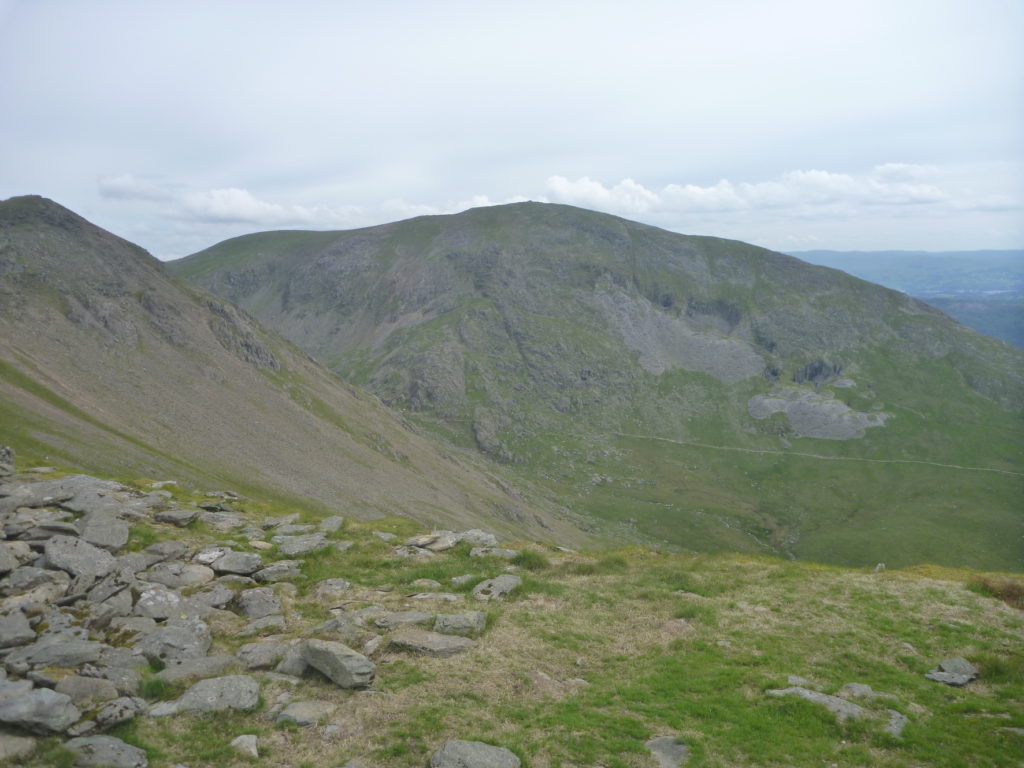
It was a long walk, and an excellent test of my balance (still not quite back to normal after my bike accident) and my stamina (definitely not so good after two months “rest”).
That evening most of the remaining party arrived: Steve and Christine drove over from Sheffield, David and Amaryllis caught the train over from Leeds (they had been visiting their daughter Isobel, an “old” friend of ours – about contemporary with Nick and Andrew).
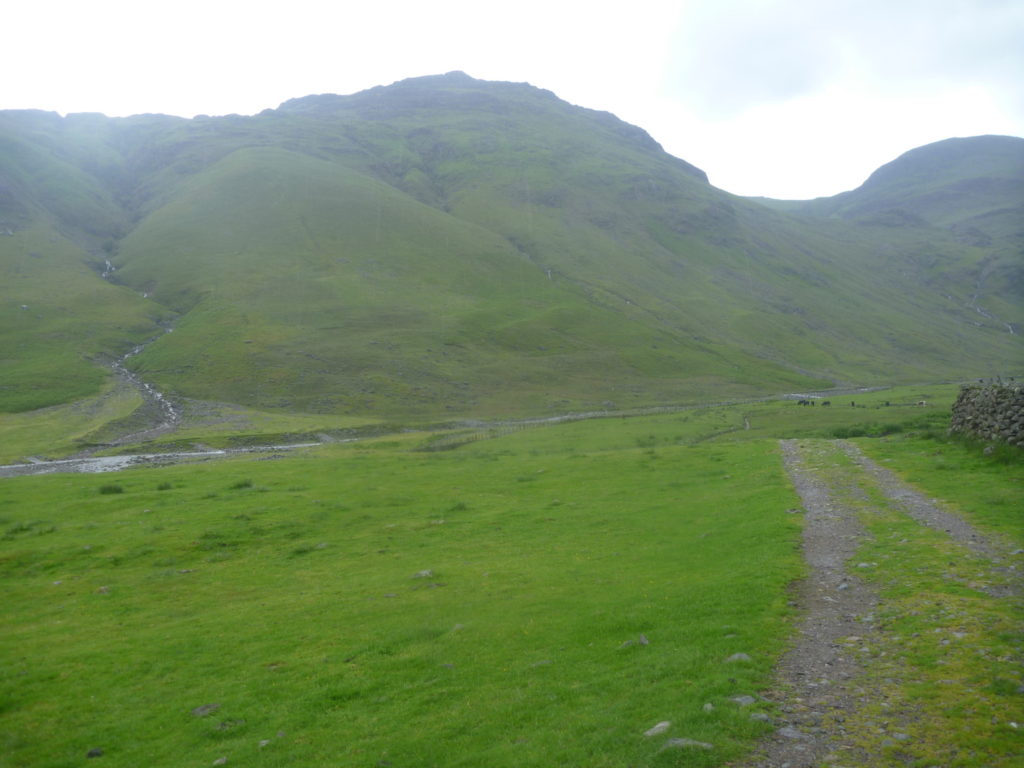
The next day [Saturday] was another “new” walk for me: almost unbelievably I had never climbed Pike of Blisco, which is a peak right in the middle of the Lakes – at the end of Crinkle Crags, up from Great Langdale.
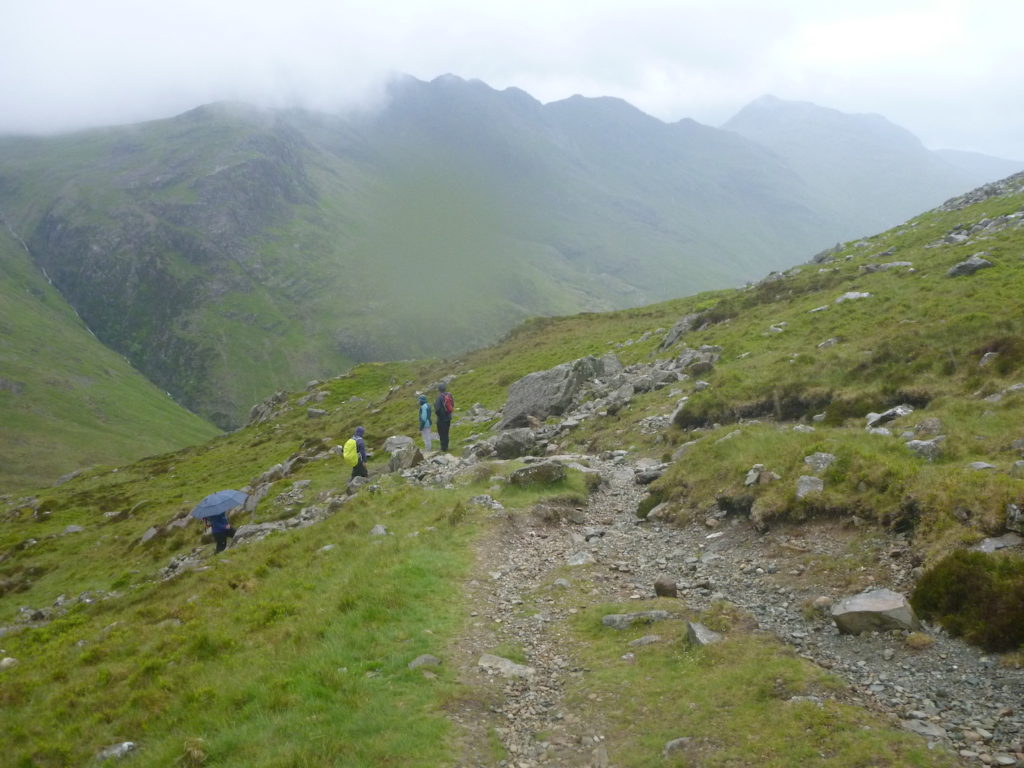
I am not sure why we/I had never climbed Pike of Blisco before, because it is a really good walk to do, with great views from the top. A great walk, but we were very tired by the end
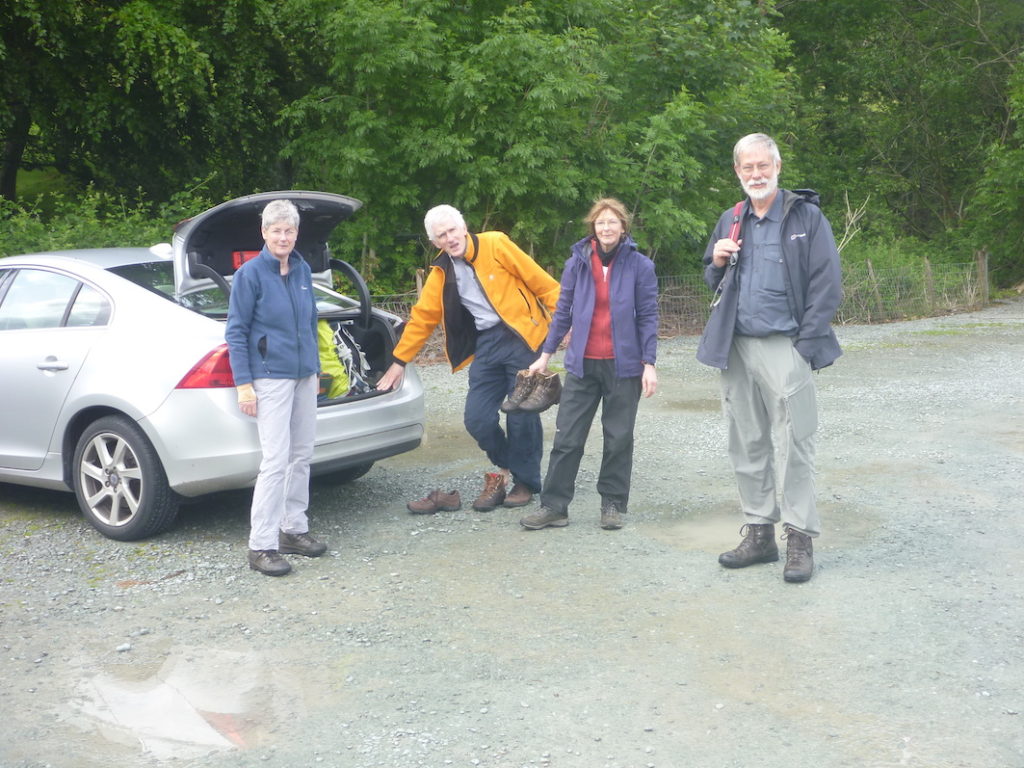
Charlotte and Andrew arrived that evening, and the party of ten was complete (fortunately Steve and Christine had arranged to sleep in a nearby cottage – Mark and John’s house has a maximum of two double beds and three singles, although in every other way it was perfect for the big group).
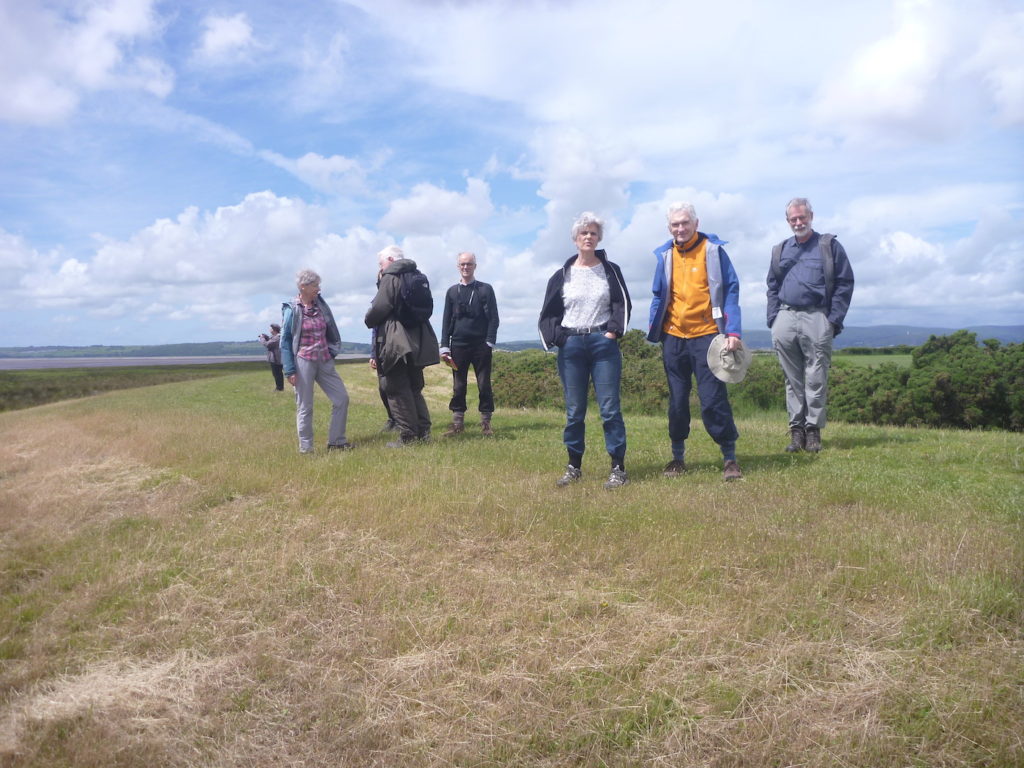
The following day [Sunday] we were restricted to flat walking by a number of factors, not least being my left knee, which becomes painful after repeated impacts, such as descending Pike of Blisco (!) so we did a couple of relatively gentle and local walks.
The first was around the coastal margin of the Cartmel Peninsula, and then after lunch we walked up Ellerside to gain a lovely view over the whole peninsula [View over the Cartmel Peninsula 2 small.jpg copy]. The evening meal, cooked by Charlotte and myself was a meal reminiscent of the original Woodgate Weekends – entirely vegetarian, a little see-what-works, but delicious in the end. A vegetable roast, and what started off to be a vegetable-and goat’s cheese pasta meal, but ended up as pasta without pasta, because I had prepared too many potatoes. There you go.
I am pleased, in a way, to say that on occasions we were restricted in what we could do by lack of motor transport. Several people made use of the fact that Mark and John’s house is 50m from Cark and Cartmel railway station. So the next day [Monday] we caught the train from Cark to Silverdale station for our walk, which started off going through the bird reserve at Leighton Moss, then through Leighton Hall grounds.
The next day [Tuesday] was slightly sad in that people had to leave eventually and by today everyone bar the Coulshed brothers had gone.
Glenbrook House 15 – Internal fittings start
I haven’t put much material up about our house recently. Quite a lot has happened, inside only.
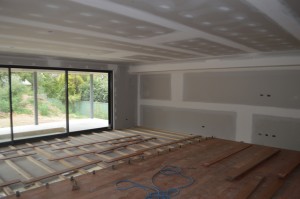 This is a view of the floor being laid in the main living area. As you can see, there are battens put on the concrete, with the “ironbark” strips laid over the battens (with some insulation between the ironbark and the concrete).
This is a view of the floor being laid in the main living area. As you can see, there are battens put on the concrete, with the “ironbark” strips laid over the battens (with some insulation between the ironbark and the concrete).
Why is it called “ironbark”?
Well, when we were choosing wood for the floors in our current house, we said to Michael Edwards, our builder, that it was likely that sooner of later our two boys (then 8 and 10) would roller-skate across the room, and we wanted the floor not to scratch too easily ….
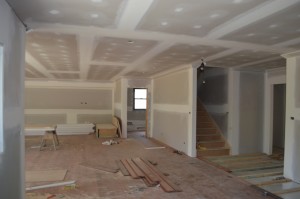 To be fair, I don’t think Nick and Andrew ever did test its resilience that way, but ironbark proved to be extremely hard-wearing and very good looking floor material. So there was no question what we wanted in the new house. It was one of the few very easy decisions.
To be fair, I don’t think Nick and Andrew ever did test its resilience that way, but ironbark proved to be extremely hard-wearing and very good looking floor material. So there was no question what we wanted in the new house. It was one of the few very easy decisions.
This view looks back towards the front door.
The space where the kitchen will be is off to the right.
Those views were taken a couple of weeks ago. Now the fittings are beginning to go in, and what was the “space where the kitchen will be” is being filled in, and the kitchen beginning to take shape.
In the foreground is the bench which separates the kitchen from the living/dining room. All the horizontal flat surfaces will have “galaxy” black granite on them, and on the far side the induction cooktop is waiting in its box to be put in place.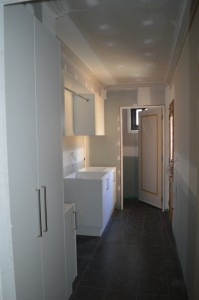
This is a view of the laundry, with the side door at the far end on the right.
This is a view from the front bedroom out over the roof of the front wing (where the garage is).
It looks over towards Glenbrook Park.
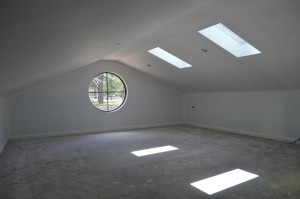 Finally, the utility room above the garage. I am really pleased with this room. The round window at the front, the two skylights, the whole ambience seems just right.
Finally, the utility room above the garage. I am really pleased with this room. The round window at the front, the two skylights, the whole ambience seems just right.
Britain leaving the European Union
It is nearly a year since I wrote an entry on “Brexit”, and I am going to indulge myself in a new ‘blog on the subject.
“Sad”, “Foolish” and “Childlike” are the adjectives which come to my mind.
In reverse order, “Childlike” because I believe that it is the petulant reaction of the poorer people in the UK to seeing a few of the richer echelons do very well out of global trade whilst they see their standard of living falling as a result of the “meltdown” in global banking and finance, and resent the bailouts provided by central governments.
Even in Australia there are groups within our society whose simplistic view (fostered by the radical rightwing parties for their own aggrandisement) is that isolationism is the way to protect ourselves from the “winds of change” blowing through the world economy as the result of globalisation. Globalisation can no more be stopped than you can hold back the tide of the sea: yes you can build a tidal barrage, but the cost is huge and the environmental and other impacts unpredictable. It is unlikely to end well.
Part of the childlike attitude is what I see as the polarisation into groups who simply will no longer listen to reasoned argument. I am probably guilty of this myself (even as a semi-detached observer!) – I read the Guardian online (and Weekly Guardian), and cannot bring myself to read the opposite views trumpeted (I understand) by the Murdoch press [I don’t want either to waste my time on the Daily Mail website, or put my blood pressure up by reading what I think I will find there]. So from the views portrayed as reasonable by people with views like mine, I deduce that all reasonable-minded people think the same way! It is very clear from all I hear or read (not just from the Grauniad) that the two sides are now just shouting at each others across a gulf of incomprehension. Or is it a gulf of simple visceral hostility? This is hopeless – unless that gulf is somehow “filled in”, or “crossed”, nothing will change. Of course this is exactly what self-serving politicians like Boris Johnson want.
“Foolish” only in the view of the people whose views coincide with my own, of course. I find myself in the somewhat unusual situation of hoping that I am completely wrong in my assessment of the situation. No-one I know wishes the UK and the EU to be diminished by this process, and yet I cannot see how any other outcome can seriously be put forward. One of the most powerful arguments against “Brexit” is surely that President Putin of Russia wants it to happen – surely even the likes of Boris J must have some misgivings over that?
For the sake of my friends and family in the UK, I hope that Boris-and-the-Borers are right: that the short-term damage [and no-one can seriously doubt that there will be short-term damage] will be worth a long-term gain. “Foolish” because I cannot belief that the poorer elements of UK society really were willing to see serious short-term financial disadvantage as being worthwhile for a possible advantage that will be at least a decade away. Even I wouldn’t vote for that. I believe the voters see the short-term damage, and somehow believe that short-term damage to the financial sector will be so gratifying that it will assuage their own pain. I suspect, sadly, that they underestimate the pain that they will suffer.
That is part of the “Sad” part. Great Britain has not really been “great” for many years, but that was never the point of that nomenclature – it was “great” as opposed to small. It included Wales, Ireland and Scotland. However even if Scotland does not break away (I don’t think they can or should), and Welsh Independence is a sad joke, then Ireland is in for a very uncertain future, which I predict can only end in a botched unification.
“Sad” also because both the UK and the EU will be diminished by this piece of Conservative party politics gone feral – Cameron has a lot to answer for – and the world cannot afford this.
I am sad, very sad. My only comfort is that I am an Australian.
Politics, the EU and Nationalism
I don’t often feel the need or have the inclination to indulge in political commentary, but have read a couple of articles in the Economist over the past week which I want to share some thoughts from.
I have been watching what I regard as the tragedy of “Brexit” from afar. It really affects me minimally, now, but for someone in my equivalent position in the UK it has nothing but “negatives” really. However I can see why it has happened, and in my opinion those who think that the result can somehow be reversed are living in an alternative reality, because the fundamental reason for the “Leave” vote has not changed, and will not change in the short run.
In my opinion, the vote to leave is democracy at its best, even if I disagree with the verdict.
For years, possibly decades, the “elite” (whoever they are, and I would probably be counted as one, were I still living in England) have prospered, but the lower socio-economic classes have not. In my opinion, the Thatcherite “trickle-down effect” has been demonstrated to be a false illusion. Perhaps the economically-literate always knew it was such. What has really occurred is that those in finance and the upper echelons of industry have become proportionately more wealthy, whilst those at the bottom of the social ladder have seen no benefits, or certainly have seen themselves relatively disadvantaged. The riches earned by the “Bosses” have never been shared with the “Workers”.
On top of that certain politicians have seen career advantage to denigrate the European Union at every opportunity (Boris Johnson is the prime example of this). So it can surely be seen as little surprise when the less-well-off in British society are firstly resentful of being told how well the country is doing (when their wages are stagnant even as the directors of companies take multi-million pound bonuses); and also see the EU as a source of many of their woes.
Brexit will, I believe, be disastrous for England (if Scotland achieves independence, then they may get some benefit from the process). However those hurt dis-proportionally will be the well-off and middle-classes. The poor of England may see little difference – if they were struggling before, and additional struggle from Brexit may go unnoticed. They may obtain some satisfaction from the relative discomfiture of the elite classes, at least.
If you don’t think this can be true, click on this chart from the Economist and look at it.
It is from last weeks edition, and so reflects attitudes after all the negative publicity about Brexit that we have had recently.
My interpretation, in broad terms is this: the population still want all the advantages of EU membership, but without any of the obligations to countries poorer that the UK. If the referendum were re-held tomorrow, the result would be substantially unchanged. The EU is seen as responsible for the loss on manufacturing jobs and “blue collar” jobs in general, and even if finance-sector jobs have boomed, why should the population of Middlesborough/Liverpool/Glasgow care about that?
So unless Brexit can be shown to hurt the poor of England more than the rich, it is now inevitable.
The other article in the Economist was about globalisation, which is under significant attack by Trump and others. the chart below is interesting for a number of reasons.
Globalisation is not going to stop, when large countries like India and Indonesia want it to happen. Also, protectionism (a la Trump) is not so easy in the era of the internet, Amazon, Alibaba, etc.
A final thought. Look at the percentage of a population who believe that their country is the best in the world. I knew that the USA would come top (a mass delusion that their society has much, indeed anything, to recommend it). However I always thought that France would come high on this scale (we don’t meet many French immigrants – but perhaps it would be different in SE Asia, for instance). However France is very lowly-rated. So who is the next country after the USA to believe that their country is the best? It is Australia. The difference, of course, is that we are right.
Pre-Brexit England
I visited England just before the referendum which was to see the UK population decide that they wanted to leave Europe (at least figuratively, although many would like it to be physical as well, I suspect). Whatever your politics are or your opinion on “Brexit”, I think it is safe to say that there will be a significant price that Britain and the EU will both pay for the vote in the short term. Whether there will be a long term benefit seems very uncertain, and that is why I did not believe the vote would be to leave.
Back to my UK visit.
I travelled with Etihad Airways, who are/are excellent. The Middle Eastern airlines are amongst the very best to travel with. Its just a pity that they come from such repressive counties. I was reading about the United Arab Emirates whilst I was away, and by flying with Emirates/Etihad/Qatar, a traveller is supporting a racist, evangelical, intolerant and unforgiving hierarchy in that country, I now realise. However Etihad gave me flights that were good. Lying flat makes such a difference, and I probably slept six hours between Sydney and Abu Dhabi. As part of the deal the airline provided a car to take me anywhere within a 100-miles-by-road of the arrivals hall. The driver took me to Sheffield! From Manchester the driver took a back route to avoid traffic which turned out very well for me. I picked up the SIM card for my ‘phone, but was without choice transferred by O2 (the provider) to a “Big Bundle” with 1000 “free” texts and 200 min. “free” talk time – but none for overseas calls! So the family could track me on Find My Friends, and could call me, but I couldn’t call them. Annoying.
I had a walk around Sheffield: it has so many signs of its old industrial past in once-magnificent, or at least very imposing buildings now in a derelict condition. Gosh they trashed the environment, or at least really didn’t care or understand the damage that was done. I started off on the “Five Weirs walk” but it turned out just to be through old polluted areas and I’d soon had enough and went elsewhere. Steve, Christine are well. Alarmingly for me, Steve will retire next year – how can I have friends who are old enough to retire? We went out walking around the reservoirs above Sheffield the following couple of days. Cold and windy but no rain.
The train over to Manchester was very crowded. I was lucky to get a seat. Train travel has become very popular, probably because the roads are so crowded. The authorities are repenting closed railways and even thinking about building new ones. So unlike the government in Sydney/NSW. I arrived early enough yesterday to be able to look around central Manchester, which actually is quite impressive now. Mainly because there are some very impressive Victorian architecture buildings. There is also a canal which runs through the middle! During the conference we had some lovely weather: blue sky and sunshine (in Manchester!). The long days are good also: daylight at 4am with the birds twittering outside is a mixed blessing, but daylight at 10pm is good, at least when the weather is nice. During the conference we had an hour’s talk from Alice Roberts (the TV personality and Professor of Embryology and Anatomy in Birmingham), and from a wildlife photographer! I like this conference innovation, and judging by the audience, lots of other people appreciated it also. I went out to eat at “The French” restaurant with John. Another restaurant by Simon Rogan (from l’Enclume – see entry from a couple of years ago) It was good, but seriously expensive.
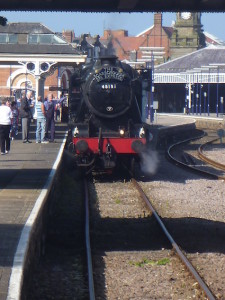 John arranged for us to go on the steam-hauled Scarborough Spa Express on Thursday, pulled by a Stanier 8F. We had a good day: Scarborough was more interesting than I had expected. It is mostly the Brits. demonstrating how to go on holiday and lose both your sense of value and any sense of good taste. There was a ridiculous boat made to look like a children’s pirate ship in which you could float around the harbour for a pound. The operator would have had to pay me to be seen in it, and pay me a lot of money. However there are also some interesting things to be seen – the castle is superb, and some of the buildings are worth a good look.
John arranged for us to go on the steam-hauled Scarborough Spa Express on Thursday, pulled by a Stanier 8F. We had a good day: Scarborough was more interesting than I had expected. It is mostly the Brits. demonstrating how to go on holiday and lose both your sense of value and any sense of good taste. There was a ridiculous boat made to look like a children’s pirate ship in which you could float around the harbour for a pound. The operator would have had to pay me to be seen in it, and pay me a lot of money. However there are also some interesting things to be seen – the castle is superb, and some of the buildings are worth a good look.
The train journey was good, traveling through beautiful countryside on a lovely day in springtime. The Vale of York is at its best at the moment. I managed to avoid fish and chips on the seafront. We ate nice salmon sandwiches and also crumbly Lancashire cheese ones, plus fresh orange and mango juice, all whilst we sat on the walls of Scarborough Castle.
We also saw Ann Bronte’s grave (she wrote The Tenant of Wildfell Hall – IMO the best Brontë novel), so it was worth going to pay tribute.
They inscribed the wrong age on her headstone!
The next day we went up to Cark and even though it absolutely poured down the next morning it couldn’t dampen my spirits: real Lake District weather. We went for a walk around the Cartmel Peninsula. It’s a lovely area, and shows the green of England at its best. That evening we went out to the Rogan & Co. restaurant, and it was very very good. I had a goats cheese-and-beetroot salad starter and sweetheart cabbage and roasted nuts for main course. John had pork belly as starter (what a surprise) and Goosenargh duck as main course (another surprise).
The next day we climbed Helvellyn.
Both John and I reached the summit. We chose a steep route up and a more gentle path down. Just as well, my knees couldn’t have taken a steep descent. It was a lovely day. I may even have been sunburnt in the north of England (well, OK, that’s a little of an exaggeration).
It was certainly hot work at times.
I lost my sole on the way up Helvellyn.
I lost my other sole on the way down, and by the time we had walked back to the car, the boots were beyond any thought of repair.
Off to Oxted the following day. It was grey and rainy there. Not the heavy rain that we had up north, though. Next day we went to Portsmouth, and it was a really good day. 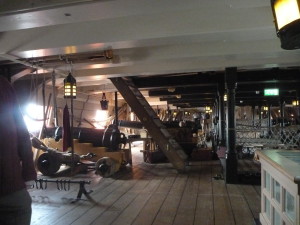 We went around HMS Victory. Gosh the sailors of that age were small and had a tough life. There were lots of other interesting things to see in the Naval Dockyard: unfortunately the Mary Rose exhibition was closed, but there was HMS Warrior (the first iron-clad warship), lots of small sailing boats, other smaller ships, etc.
We went around HMS Victory. Gosh the sailors of that age were small and had a tough life. There were lots of other interesting things to see in the Naval Dockyard: unfortunately the Mary Rose exhibition was closed, but there was HMS Warrior (the first iron-clad warship), lots of small sailing boats, other smaller ships, etc.
Portsmouth itself is just a small town, the harbour itself quite interesting, and lots of UK naval ships there. GB cannot quite get used to the fact it fundamentally is just a small nation now. They are spending billions of dollars on two (two!) aircraft carriers despite the fact that they don’t actually have any aircraft that can fly off them. Yes, that is true ….
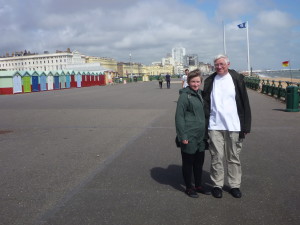 Then I visited Dave and Pauline in Hove: they are well. Dave is about to stop doing even the small amount of teaching and tutoring that he has been doing for Birkbeck College in order to concentrate on doing his PhD. He wants to change direction and become an academic lawyer: he’s certainly “paid his dues” as a criminal lawyer in Brixton! Pauline is working for another pressure group (“think tank”) in London, and both were campaigning to prevent England leaving the EU. No-one I talked to thought it was a good idea ….
Then I visited Dave and Pauline in Hove: they are well. Dave is about to stop doing even the small amount of teaching and tutoring that he has been doing for Birkbeck College in order to concentrate on doing his PhD. He wants to change direction and become an academic lawyer: he’s certainly “paid his dues” as a criminal lawyer in Brixton! Pauline is working for another pressure group (“think tank”) in London, and both were campaigning to prevent England leaving the EU. No-one I talked to thought it was a good idea ….
Next I went up to London to stay in a hotel called The Rookery. 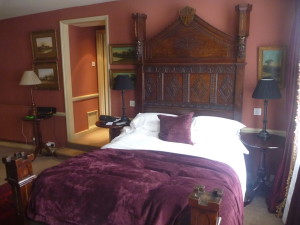 It is a quaint old-style building, but clearly with the intention of being a very upmarket hotel. A very unpretentious entry – basically you just ring the bell of what looks like a normal house (for this area, which of course is not really “normal” at all, given that it is in central London). Every room has the name of a local personage. Not necessarily an eminent person, though: two of the rooms are named after Victorian era prostitutes! My room. Is named after George Peacock, but the history doesn’t say much about him.
It is a quaint old-style building, but clearly with the intention of being a very upmarket hotel. A very unpretentious entry – basically you just ring the bell of what looks like a normal house (for this area, which of course is not really “normal” at all, given that it is in central London). Every room has the name of a local personage. Not necessarily an eminent person, though: two of the rooms are named after Victorian era prostitutes! My room. Is named after George Peacock, but the history doesn’t say much about him.
Staying in London was so that I could visit St Bartholemew’s Cardiac Unit. It is amazing. Three MR scanners just for cardiac work. One super-fast CT. Bart’s effectively is just a cardiac hospital now. Bart’s is near to StPauls Cathedral and also Smithfield Markets. It is an interesting area of London. Lots of bars, pubs, restaurants, but very few normal shops.
Off to Cambridge the next morning with Tim Elsworth for Christ’s College Alumni Garden Party. Cambridge has changed a lot over the years, and almost only the colleges themselves are recognizable, Tim and I decided. I knew very few people at the garden party, basically just Tim, Chris Cane and a guy called Mike Collinson, who used to cycle a lot, and once came to live in Sydney with his wife who was the Philippines’ ambassador for a while.
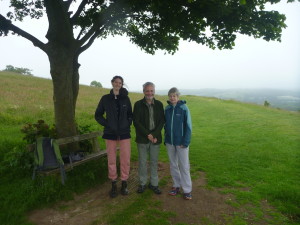 I then visited Amaryllis, Isobel and David, which was an excellent day out. They are well. Isobel is now at Leeds University reading Art History. We went for a walk over the South Downs, up to an Iron-Age fort, which was very interesting. It rained on us on the way back though. Well, it is England, after all!
I then visited Amaryllis, Isobel and David, which was an excellent day out. They are well. Isobel is now at Leeds University reading Art History. We went for a walk over the South Downs, up to an Iron-Age fort, which was very interesting. It rained on us on the way back though. Well, it is England, after all!
The final day, Mark and I went for a ride on the Bluebell Railway, partly because it is now an extension of the normal railway line through Oxted: we bought tickets at Oxted station and at East Grinstead we could essentially just walk along the platform to join the steam train going to Sheffield Park (the opposite end of the Bluebell Rly.). It was a lovely journey through the green English countryside of The Weald.
